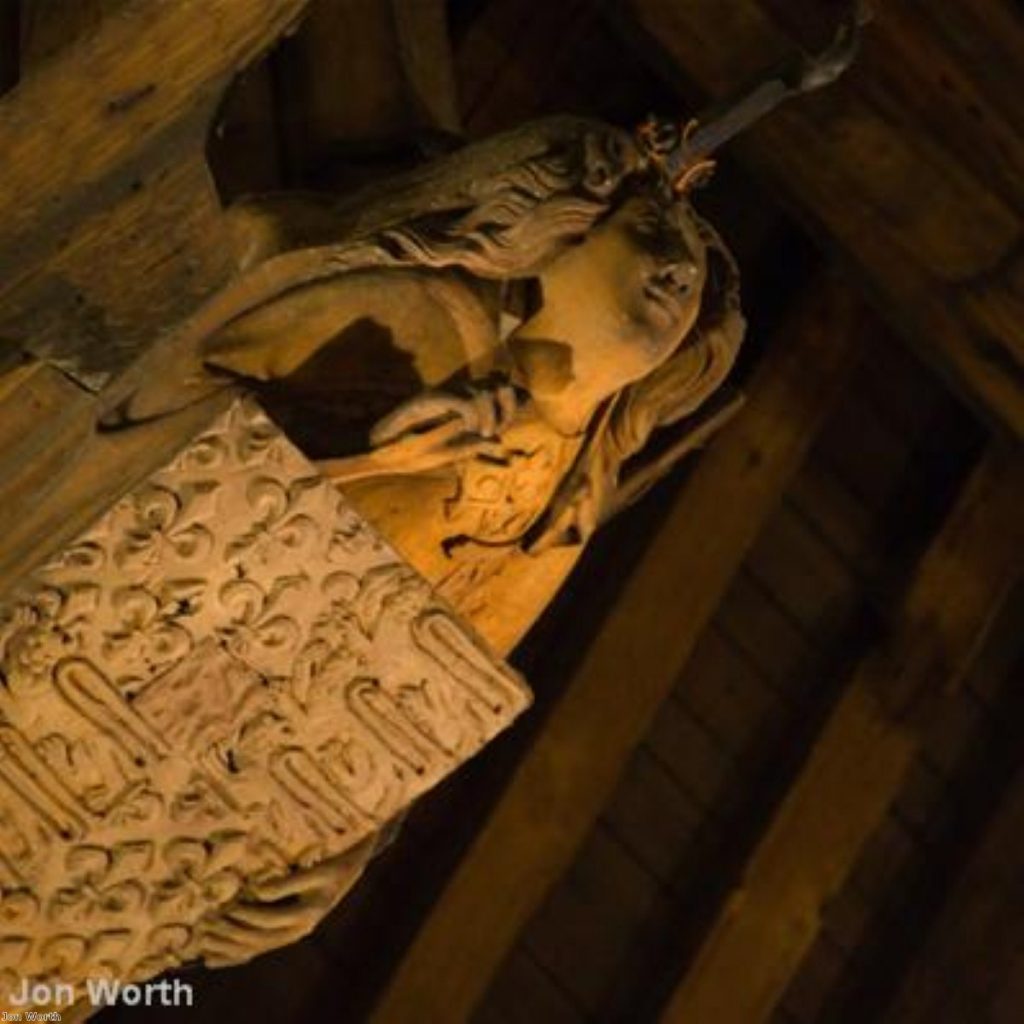Parliament bares its teeth on gag orders
By Ian Dunt
MPs fought back against attempts to hinder the reporting of parliament in the wake of the Guardian fiasco today.
At a debate set up when the Guardian/Carter Ruck incident was in full swing, justice minister Bridget Prentice assured MPs that fair and accurate reporting of parliamentary proceedings would be protected.
“Amy reporting of parliament which is fair and accurate is covered,” Ms Prentice said.


She told MPs that article nine of the bill of rights and the Parliamentary Papers Act 1840 gave protections against stopping reporting of parliament.
MPs asked if that meant lawyers for both Carter Ruck and the Guardian had been wrong to presume a previous injunction applied to a tabled parliamentary question, to which the justice minister said: “It is most certainly my view that the advice was incorrect.”
The assurances from Ms Prentice will be used to guide lawyers and journalists who were concerned, in the wake of the fiasco, about the limits of their ability to report parliamentary proceedings.
She also suggested a review into the laws covering injunctions and super-injunction by justice secretary Jack Straw would be sympathetic to those who were horrified by the events of last week.
Mr Straw is “very much a parliamentarian who will take on board every single issue raised today,” she said.
In a debate tabled by Evan Harris, a Lib Dem MP who has campaigned on media law for several years, MP after MP stood up to express their discontent with the incident last week.
The debate was almost cancelled last week after Speaker John Bercow found himself inundated with letters, first from representatives of Carter Ruck, which acted for oil company Trafigura to prevent the Guardian coverage, and then from the Guardian’s editor.
The Carter Ruck intervention suggested the debate should be cancelled because the matter is sub judice and would therefore create a clash between parliament and the courts.
While the Speaker has discretion over sub judice questions, the letter read: “We believe the proceedings to have been and to remain ‘active’ within the definition of House Resolution … of November 15th 2001 in that arrangements have been made for the hearing of an application before the court”.
But the Guardian’s Alan Rusbridger wrote: “I hope you take the view that this matter should, indeed, be debated.
“The fact remains that the issue was unclear enough for an experienced QC [Queens Counsel] to advise us not to publish.
There is a lack of clarity around this issue and Wednesday’s debate could serve a useful function in helping to give editors (and lawyers) guidance.”
The injunction was dropped after a sustained and vociferous campaign on Twitter, leading some media commentators to wonder how long Britain’s current media laws could survive the age of online social media utilities.
Carter Ruck is being reported to the Law Society by Tory MP Peter Bottomley.
Justice secretary Jack Straw has been asked by the prime minister to look into the issue of ‘super-injunction’ following the incident.












